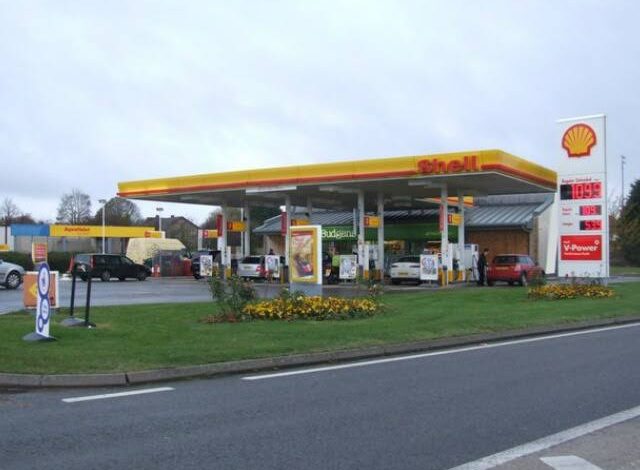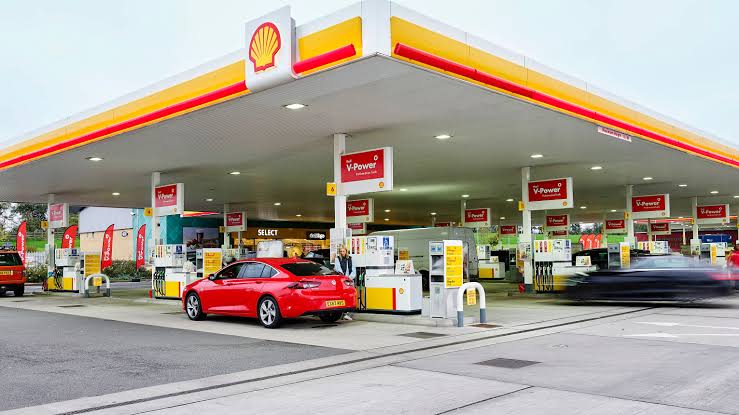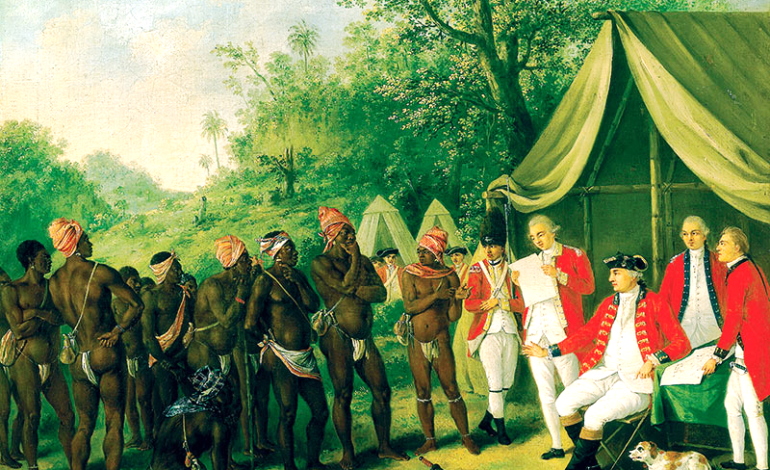
Oliver Meth
Oil giant BP and Shell’s announcement last week to halt operations in South Africa at their south Durban oil refinery has been met with outrage and disappointment. Many are calling for ‘reparations’ amid concerns about fuel price hikes in the future.
Shell SA says the indefinite suspension of operations is not the first, as the oil and gas industry continues to reassess investments amid regulatory changes and uncertainty and the pressures to move away from fossil fuels.
The entity would not be drawn into the discussions around fuel price impacts but reassured that permanent workers at the oil refinery would not be affected.
The Sapref oil refinery – jointly owned by BP and Shell, that was built in 1963 has a litany of explosions, fires, toxic emissions and the biggest pipeline leaks under people’s homes in the Bluff and Wentworth communities in Durban. All these are well documented through various publications where people’s health was severely impacted.

During their recent Annual General Meeting in London, a comparison was presented in terms of the environmental and societal context between the operational conduct of refineries in Denmark, and those in South Durban.
Doyle’s book, “Riding the Dragon,” as well as South African publications about Shell’s local environmental transgressions were presented to Shell’s management, titled ‘Behind the Shine: the other Shell report, 2003’.
Shell has never been prosecuted for its atrocities and communities allege that because several health studies conducted found that the prevalence of cancer in South Durban was 24 times higher than in other parts of the country, making South Durban now known as the ‘Cancer Alley’ with soaring numbers of cancer cases found on Shell and BPs fence line.
Shell’s attrocities stem not only in South Durban but also remembering Ken Saro-Wiwa and the 9 Ogonis murdered in 1995. People’s resources such as land, water, crops, fish, livelihoods have been destroyed by Shell and BP and to this day have not been able to recover from the impacts.
Shell’s reputation and rhetoric have been seen by their appalling environmental record, destruction to people, ecosystems, resources such as land, water, soil that all life depends on.
Environmental watchdogs, South Durban Community Environmental Alliance (SDCEA) together with groundwork and other fence line neighbours campaigned for the Law Reform Bill in the House of Commons, London, to hold British companies Shell and BP accountable.
This Bill was supported by 77 Labour MPs, and passed by the British legislature in 2007.





Recent Comments